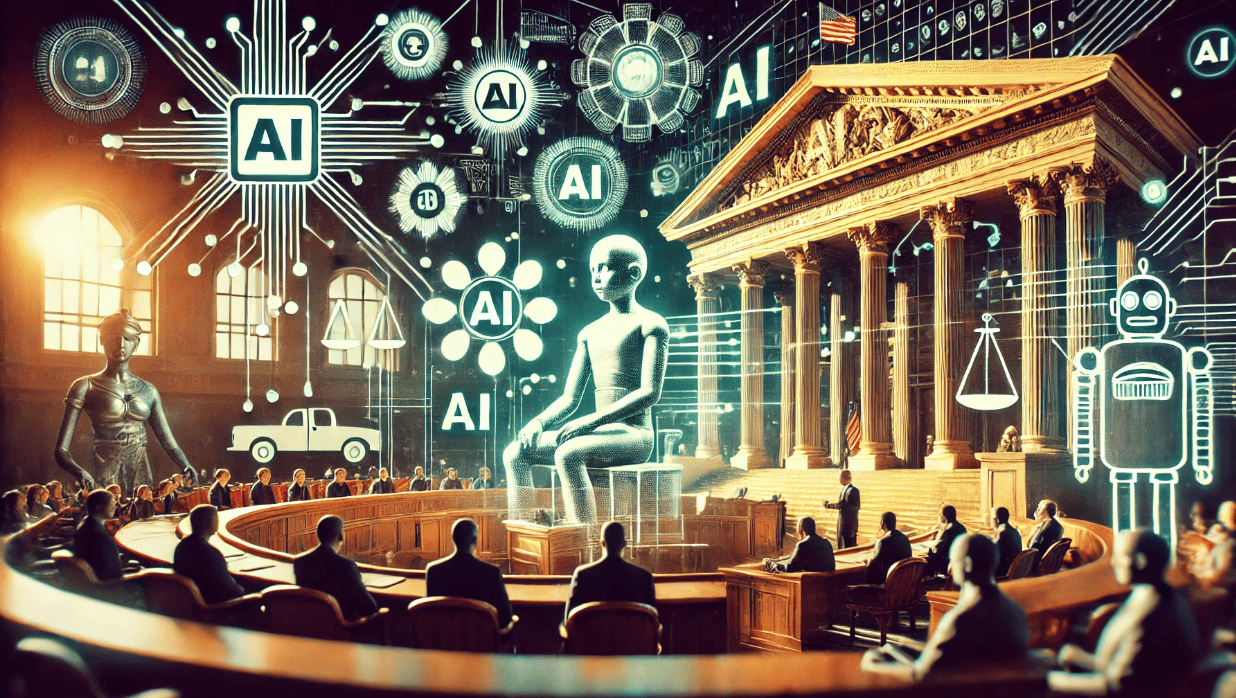
Image Source: ChatGPT
Musk Backs Controversial AI Bill Despite Silicon Valley Resistance
In a move that has surprised many, Elon Musk has publicly endorsed California’s Senate Bill 1047, which mandates safety testing for large AI models. This endorsement places Musk at odds with several influential figures in Silicon Valley, as well as some Democratic leaders in Congress, who oppose the bill.
Senate Bill 1047: Aims and Opposition
Introduced by Democratic state Senator Scott Wiener, Senate Bill 1047 seeks to regulate AI by implementing safety protocols for large-scale models. The bill is designed to prevent AI misuse, particularly in scenarios that could lead to catastrophic outcomes, such as the development of biological weapons.
The legislation targets AI developers investing over $100 million in building AI models, requiring them to conduct safety testing and implement other safeguards. It also grants the state’s Attorney General the authority to take action against developers whose models cause “severe harm” and mandates a kill switch to deactivate the models if necessary.
Despite these safety measures, the bill has faced significant opposition from tech giants, including Marc Andreessen and organizations like OpenAI. Critics argue that the bill could stifle innovation and hinder California's leadership in AI development.
Musk Breaks Ranks with Silicon Valley
Musk's support for Senate Bill 1047 has sparked debate within the tech community. While many Silicon Valley leaders have voiced concerns that the bill could limit innovation, Musk has publicly backed the legislation. In a post on X (formerly Twitter), Musk expressed his approval of the bill, highlighting the need for safety regulations in AI development.
This endorsement is consistent with Musk’s long-standing advocacy for AI regulation. For over two decades, Musk has warned about the dangers of unregulated AI, often comparing its risks to those posed by nuclear weapons. However, his support for the bill contrasts with his recent ventures into generative AI, such as the launch of Grok, a tool developed by his company X that generates computer images from text prompts.
Political Repercussions
Musk's endorsement of the bill has also created a complex political dynamic. Several Democratic leaders in Congress, including Representatives Zoe Lofgren, Ro Khanna, and former Speaker Nancy Pelosi, have spoken out against the legislation. Additionally, Musk’s support puts him in an awkward position with Senator Wiener, with whom he has previously clashed over LGBTQ privacy rights legislation. Wiener has not yet commented on Musk’s support for his bill.
The Broader AI Regulation Debate
The debate over AI regulation is not limited to Senate Bill 1047. Last week, AI firm Anthropic expressed cautious support for the bill in a letter to California Governor Gavin Newsom, acknowledging improvements made to the legislation but noting ongoing concerns. In contrast, companies like OpenAI, Microsoft, and Adobe have supported a different piece of legislation, State Bill AB-3211, which requires AI-generated content to carry a watermark. OpenAI’s Chief Strategy Officer Jason Kwon emphasized the importance of transparency in AI-generated content in a letter reviewed by Reuters.
Awaiting the Governor’s Decision
As the deadline for the bill’s passage approaches, all eyes are on Governor Gavin Newsom, who will have the final say if Senate Bill 1047 clears the state Legislature this week. Musk’s endorsement has undoubtedly added a new layer of complexity to the ongoing debate over AI regulation in California.
